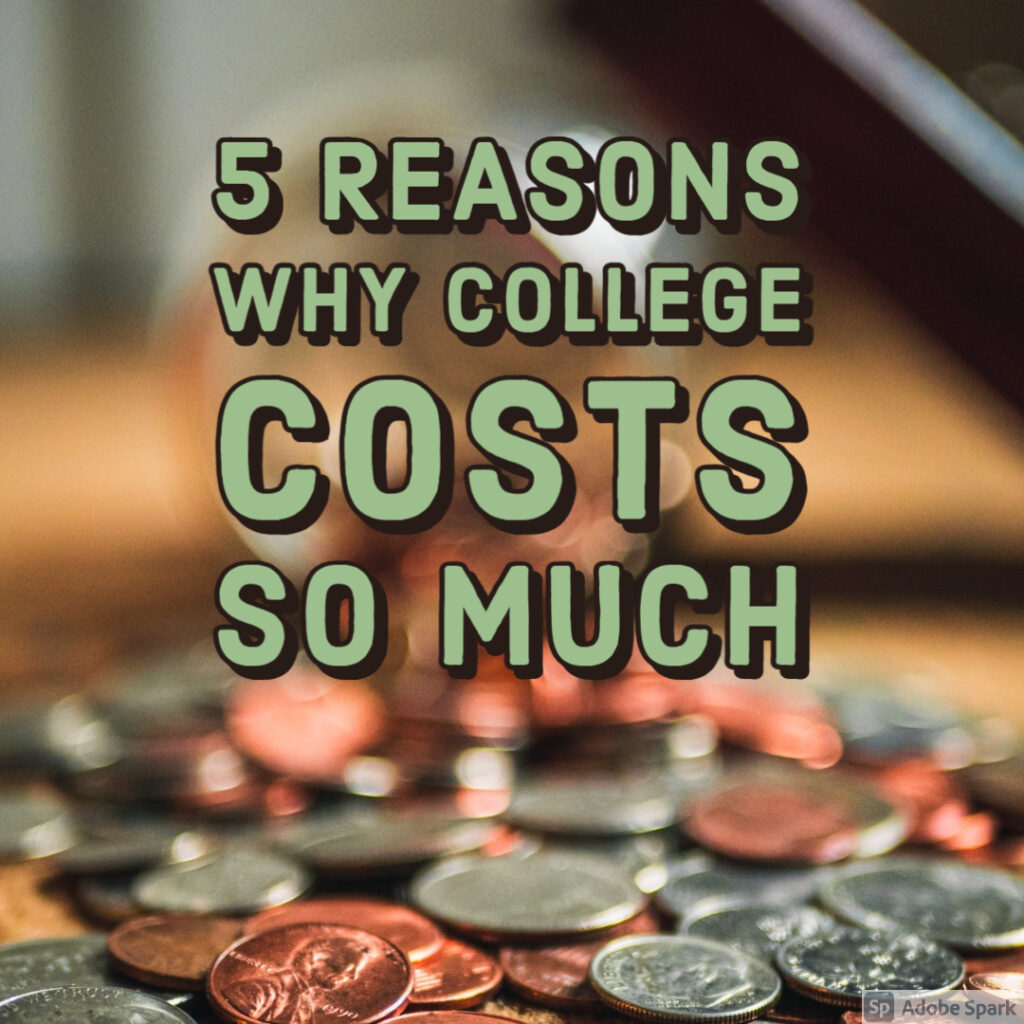
Believe it or not, research reveals that Americans spend an average total of 2.5 days a year looking for misplaced stuff. That’s nearly half a workweek we lose just searching for things. But time lost isn’t the only costly consequence of being forgetful. The study also shows that 60% of people have either been late to work or school because of lost items, followed by 49% who have missed appointments or meetings, and even 22% who’ve missed flights, trains, or bus rides. Turns out misplacing things can be more than just expensive; it’s a major time drain too. Don’t let disorganization cost you and your student. Make organization a priority.
Organization is half the battle when it comes to helping your teen prepare for college. If you stay organized, you won’t be fumbling around senior year in a panic. And as with any organizational system, it’s important to have the right tools. These tools will make the organization simple because you will have a place for everything, and everything should stay in its place. You’ll not only save time, but you won’t miss deadlines and be stressing to find that all-important application information.
Take the following steps to help you and your teen stay organized during the college prep process:
Continue reading Organization During College Prep








